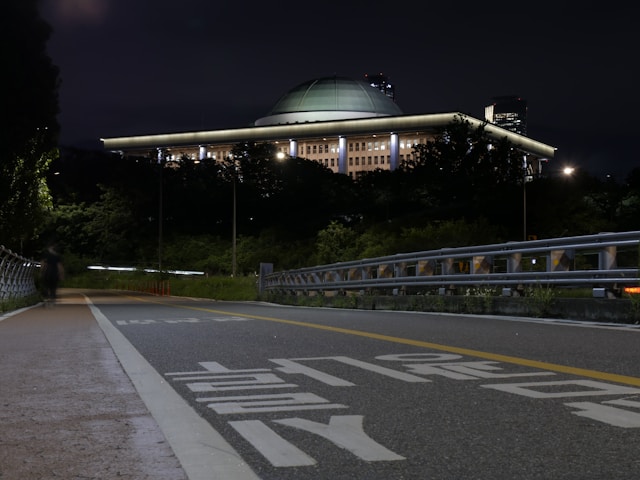Gabrielle Union at the 54th NAACP Image Awards held at the Pasadena Civic Auditorium on February 25, … [+]
Variety via Getty Images
In a recent interview for the Bloomberg Originals series Idea Generation, actress Gabrielle Union shared how her and her superstar husband Dwayne Wade share financial responsibilities. Union explained “in this household we split everything 50/50” and revealed that she feels like there’s always a gorilla on her back pushing her to keep working. Union also shared that she has more responsibilities when it comes to her money. “I get nervous…am I going to have enough to hold everybody up?”
The interview sparked an interesting discussion online with many questioning why Union splits things 50/50 with Dwayne Wade, when according to Celebrity Net Worth, Union is worth $40 million compared to the $170 million that her spouse is reportedly worth. It’s important to note that there is no one-size-fits-all way to allocate bills and finances; these should be individual to each couple. It’s necessary, though, to analyze what Union shared around her feelings about money. Why is it that someone with her level of wealth, cachet, and clout feels like they have to be on the proverbial hamster wheel of work, unable to stop?
In the aforementioned interview, Union hinted at a phenomenon that is familiar to many: the Black tax. One way to think about the Black tax is “the financial burden borne by Black people who have achieved a level of success and who provide support to less financially secure family members.” Although Union didn’t expound in detail, it’s an experience many Black people who have achieved levels of success and notoriety may experience. DEIB and HR Consultant Dr. Tana M. Session shared how the Black tax has affected her. “I’m financially supporting my brother while he fights cancer…and supported my niece when she got arrested.” DEI executive Netta Jenkins shared “[the] Black tax is why I work so hard…I’m supporting my family. Purchased my mom a home to ensure she always has a place to lay her head comfortably…my mom was homeless as a child…I’m working to break generational poverty.”
One way to think about the Black tax is “the financial burden borne by Black people who have … [+]
getty
Outsiders looking in may suggest that those who experience the Black tax should implement firmer boundaries with family members and friends, thus choosing not to share financial resources. This isn’t an ideal solution since it doesn’t address the root issue and why the Black tax is a problem in the first place. A long history of systemic racism has caused pervasive inequities. We must ask ourselves as a society how to immediately stop the bleeding and repair the wound so that healing can take place.
Reparations may be one solution to address the Black tax; providing cash payments does not necessarily fix the years of historic harm but could provide Black people with greater access to necessary resources, thus improving life outcomes. Another solution that should be considered is the normalization of mutual aid. In an article in GlobalGiving, Victoria Méndez described mutual aid to be “networks of care and generosity to meet the immediate needs of our neighbors.” With mutual aid, people within a community or several different communities provide care and resources to those in need. Encouraging and supporting mutual aid funds may help to assuage the impact of the Black tax.
Systemic bias impacts Black people in myriad ways; there is less access to capital for business owners, a persistent wealth gap, a lack of generational wealth, disproportionate inheritance rates, prevalent health disparities, and an alarming maternal death rate, to name a few. For each of these unhealed wounds, we need programs and policies that address these specific issues. For organizational leaders, increasing awareness can be a powerful way to address the Black tax and develop community-based solutions. Inviting speakers to talk more about the Black tax and opening conversations about this issue in DEI education, and specifically during Black History Month and Juneteenth commemorations, can be an innovative and effective way to tackle this issue head-on, and better understand and support Black employees. To address the Black tax, we must first understand the ways that it impacts Black people and then focus on remedying the systemic issues that made the Black tax possible.
Credit: Source link










